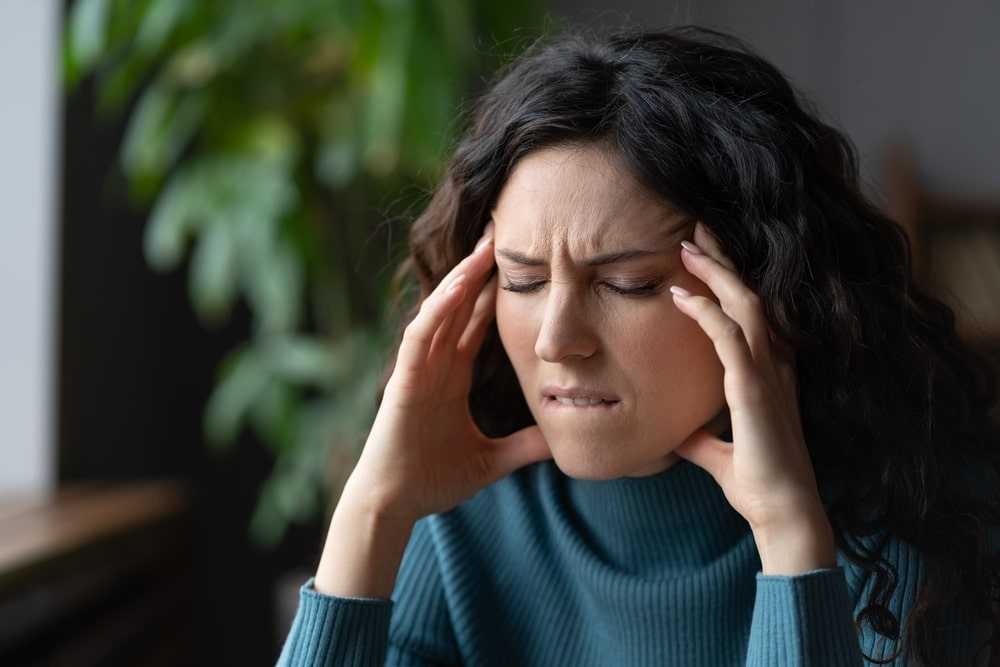Anxiety triggers are specific situations, events, or thoughts that can provoke feelings of anxiety or panic in individuals with anxiety disorders. Understanding these triggers and learning how to manage them is essential for effectively coping with anxiety. Common examples of anxiety triggers include:
- Social Situations: Fear of judgment or rejection in social settings can trigger anxiety in some individuals.
- Performance Pressure: The pressure to perform well at work, school, or in other areas of life can trigger anxiety.
- Health Concerns: Anxiety can be triggered by worries about health issues or the health of loved ones.
- Financial Stress: Concerns about money, debt, or financial stability can trigger anxiety.
- Traumatic Events: Past traumatic experiences can serve as triggers for anxiety.
- Conflict or Confrontation: Arguments or disagreements with others can trigger feelings of anxiety.
- Changes or Uncertainty: Major life changes or uncertainty about the future can trigger anxiety.
It is important to note that these triggers can vary widely from person to person. Therefore, identifying your own triggers is an imperative first step in managing your anxiety, as it allows you to anticipate and prepare for situations that may cause you distress.
Strategies for Managing Anxiety Triggers
Once you have identified your triggers, you can develop strategies to manage them. Some common techniques include:
- Mindfulness: Practice mindfulness techniques to stay present and grounded when you encounter a trigger.
- Relaxation Techniques: Learn relaxation techniques such as deep breathing, meditation, or progressive muscle relaxation to help manage anxiety when triggered.
- Cognitive Behavioral Therapy (CBT): CBT can help you identify and challenge negative thought patterns that contribute to anxiety triggers.
- Stress Management: Engage in regular physical activity, get enough sleep, and practice stress-reducing activities such as yoga or tai chi.
- Healthy Lifestyle: Maintain a healthy diet, limit caffeine and alcohol intake, and avoid substances that can trigger anxiety.
- Create a Safety Plan: Develop a plan for managing anxiety when triggers occur, such as seeking support from a trusted friend or engaging in a calming activity.
- Limit Exposure to Triggers: If possible, avoid or limit exposure to situations or environments that trigger your anxiety.
If your anxiety triggers are significantly impacting your daily life, consider seeking help from a mental health professional. They can provide you with personalized strategies and support to manage your triggers effectively.
Treatment In Calabasas
Calabasas is a city in California. It is a well-known suburb of Los Angeles, located west of the San Fernando Valley and north of the Santa Monica Mountains. Over the past decade, the city of Calabasas has grown in its reputation for luxury as well as for privacy which makes it a hidden gem for residential living for society’s elite, and one of the most desirable destinations in Los Angeles County. It is also home to a plethora of highly qualified mental health clinicians providing an array of therapeutic services and treatment options.
The information above is provided for the use of informational purposes only. The above content is not to be substituted for professional advice, diagnosis, or treatment, as in no way is it intended as an attempt to practice medicine, give specific medical advice, including, without limitation, advice concerning the topic of mental health. As such, please do not use any material provided above to disregard professional advice or delay seeking treatment.


